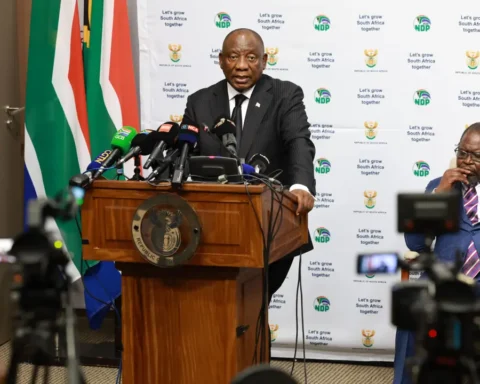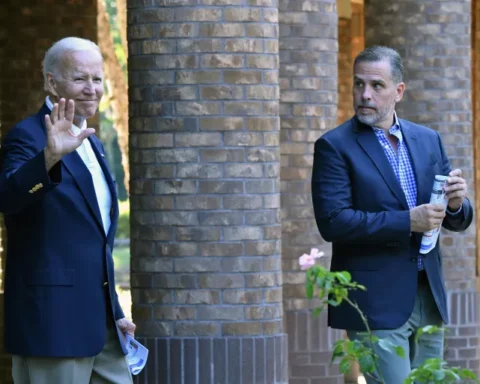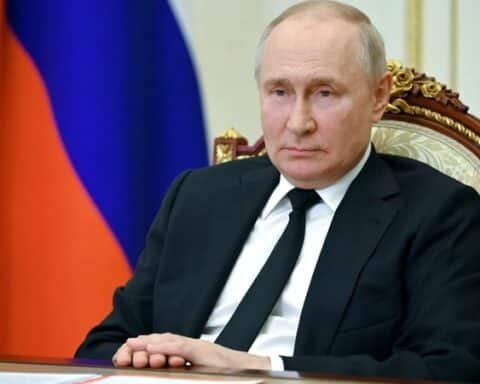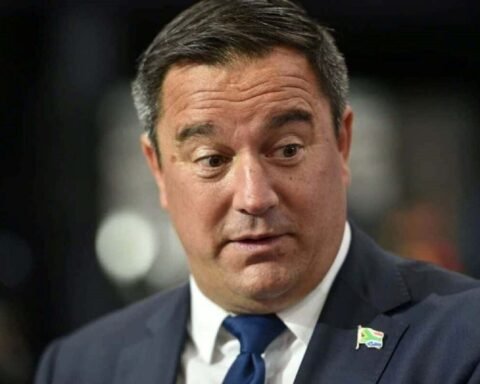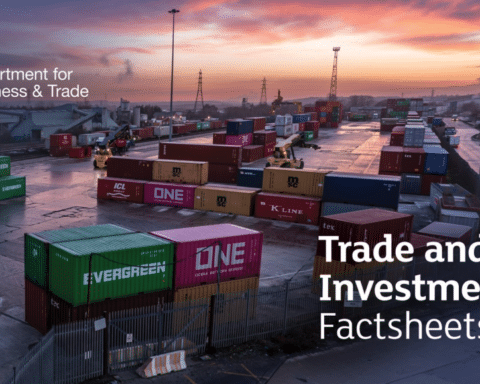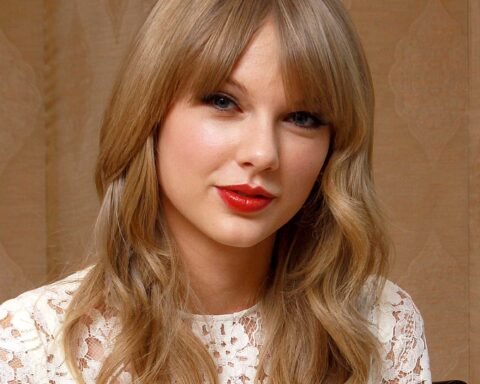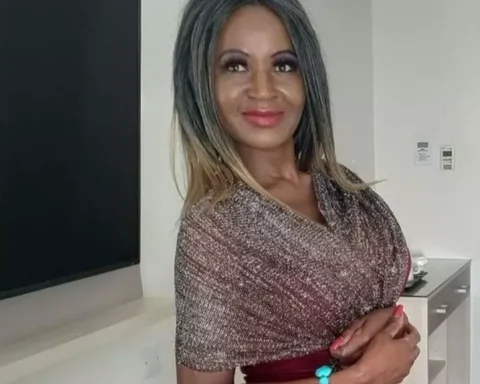 For someone who is supposedly hiding from public debate, Theresa May came into this studio at an advantage. Quite often in this campaign she has appeared defensive, hesitant and wooden. So when she answered the first few questions confidently, fluently and thoughtfully she easily exceeded expectations.
For someone who is supposedly hiding from public debate, Theresa May came into this studio at an advantage. Quite often in this campaign she has appeared defensive, hesitant and wooden. So when she answered the first few questions confidently, fluently and thoughtfully she easily exceeded expectations.
She was helped by the BBC choosing a tough first questioner, a woman who wanted to know why voters should believe her after all her U-turns. May saw her opportunity, because the last instance of a U-turn was her insisting there wouldn’t be an election and then saying there would be.
That was because other parties were threatening to obstruct Brexit, she said. Oh no they weren’t, chipped in another audience member. Bingo, the Prime Minister must have thought. She knows chapter and verse on how the Labour manifesto keeps open the option of staying in the EU, and the question allowed her to open her pitch on the subject of Brexit.
She stressed her “absolute, resolute determination to respect the will of the British people”. This went down well with the audience. When someone later asked why, because last year’s referendum had been so close, she didn’t have the confidence to hold another vote, there were groans, shouts of “No” and one clap.
May then invited the audience to choose between Jeremy Corbyn and her as the best person to negotiate it. And that allowed her to move on to describe a Corbyn government, “including Diane Abbott, who can’t count, John McDonnell, a Marxist, propped up by Nicola Sturgeon, who wants to break up the UK, and Tim Farron, who wants to go back into the EU”.
She didn’t sound like someone who had lost the will to fight, someone who had given up on this election, which is how she had been presented in some quarters.
She then contradicted the impression of her as a robotic politician who repeats sound bites and fails to answer questions. I don’t think she said “strong and stable” once. And she actually answered a lot of questions, and by “answer” I mean respond point by point.
David Dimbleby asked her if she could explain what a bad Brexit deal is. It turned out that she could, in fact. So that was a question wasted. And when a man in the audience asked her to quantify, in billions of pounds, what EU divorce bill she was prepared to pay, she explained that it would not be good negotiating tactics to do so.
Once we got onto the harder questions, of nurses’ pay and mental health, she did start to build her usual defensive stone walls. And towards the end, it seemed she didn’t know that £4m of the foreign aid budget in 2015 went to North Korea. But no one else knew that either, apart from the questioner. Even then she managed to give a serious and important defence of foreign aid: millions of girls around the world are being educated today because of it, and she sounded almost Blairite in saying that it was in our interest to stabilise countries that might descend into conflict.
She went first this time. I couldn’t work out why Corbyn’s people chose to go first last time, when they won the coin-toss for the Jeremy Paxman interviews, but here was a possible explanation. Corbyn came across as waffly and dull after her mostly concise and pointed replies.
His supporters in the audience were excited to see him, repeating the pattern throughout this election, but he didn’t seem energised, and he didn’t impress the doubters in the way that I have seen him impress some of them before. He was besieged by Tory questioners on Trident and the IRA and, whereas in previous encounters he has fended them off with plausible evasions, this time he seemed disrupted and nervous. It was left to a supporter in the audience to win the point for him on nuclear deterrence: “I don’t understand why everyone in this room is so keen on killing millions of people with nuclear bombs.”
Corbyn warmed up right at the end, saying there was lots more to talk about, but by then it was too late. Theresa May had won.
